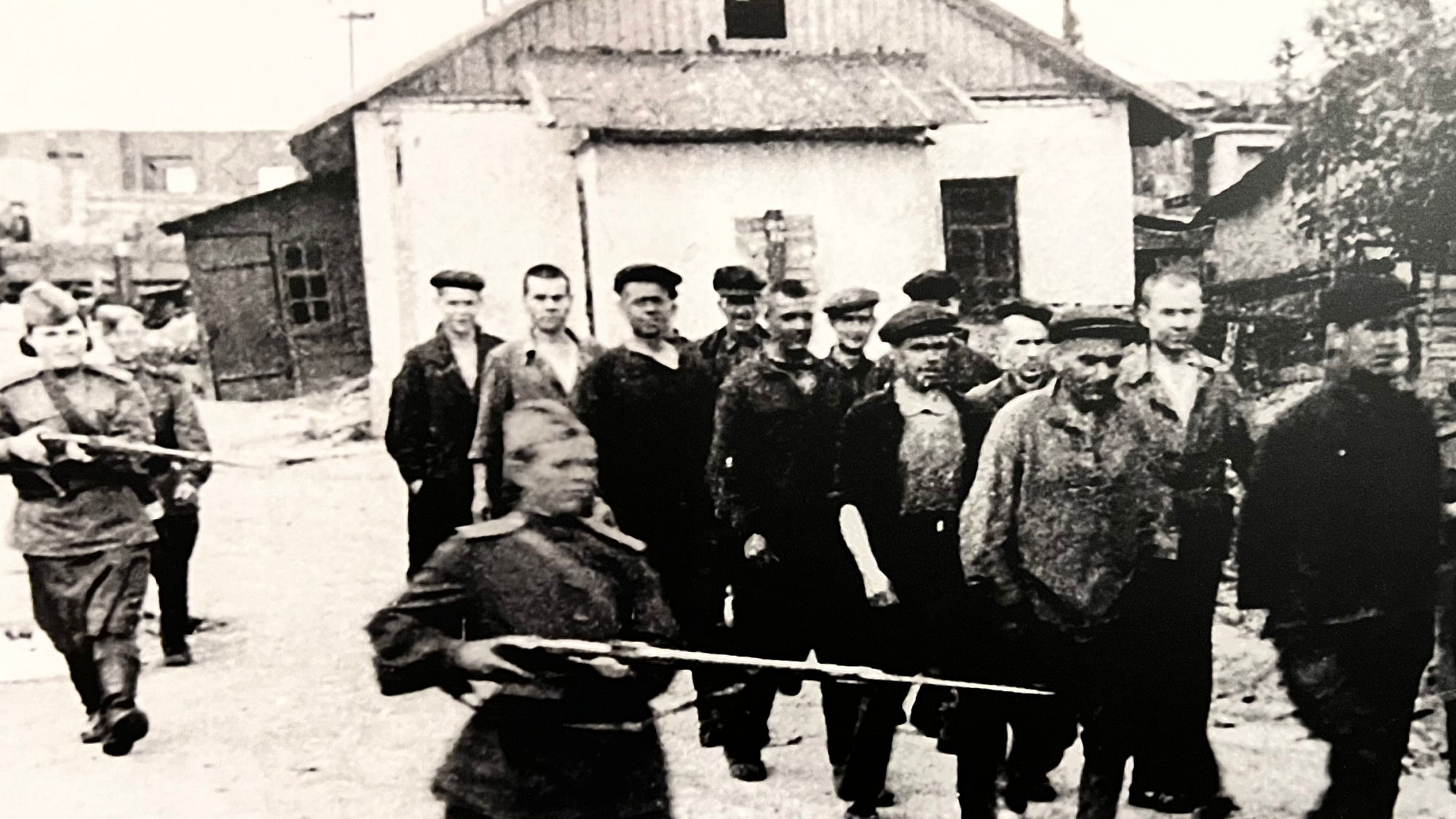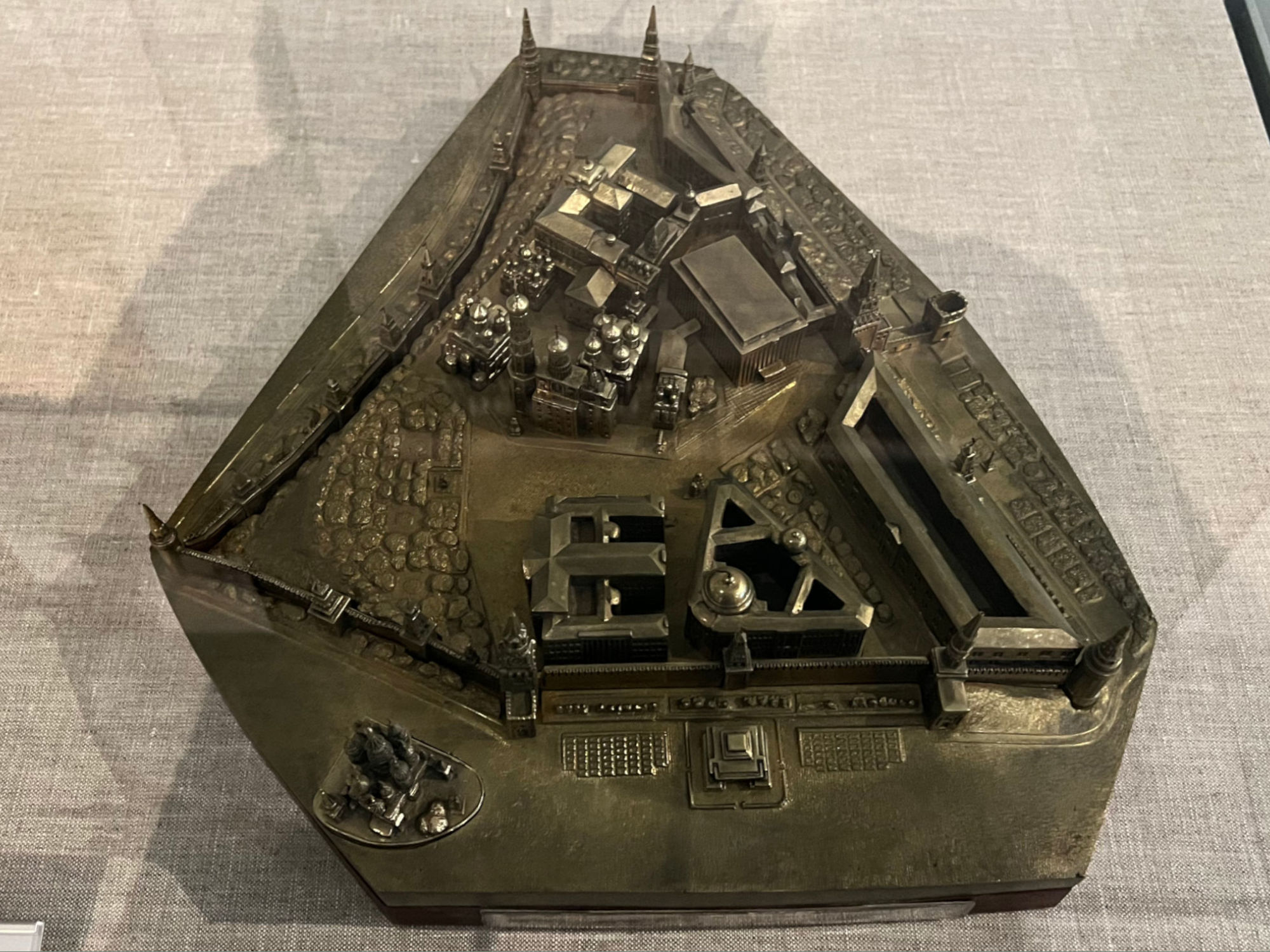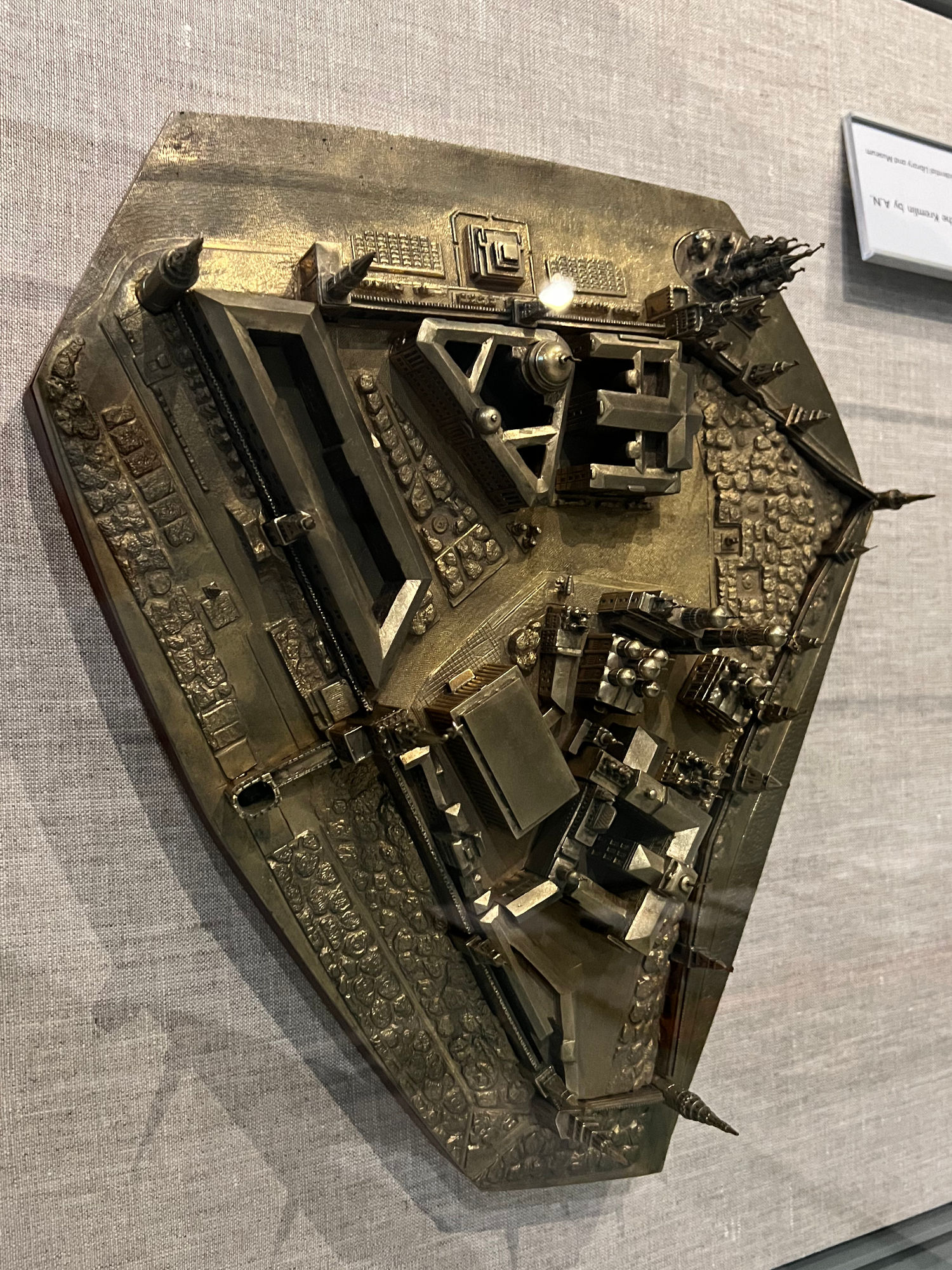The education children received, the jobs workers could hold, the places people could live, the newspapers and books allowed to be published, the movies and television the public saw, were all rigidly controlled, and run by the state. Religion was almost totally abolished. Travel to the West was nearly impossible. Criticism of the government was prohibited. Elections were a farce, with only Communist Party candidates on the ballot.
To maintain control over the people, the Soviet Union established a brutal police state. Aleksandr Solzhenitsyn, a Nobel Prize winning Russian novelist who was imprisoned for his writings, vividly described the fear that gripped the Soviet people in their daily lives in his book, Russia in Collapse:
A paralyzing fear spread over the country, a fear not only of arrest but of any action of the leadership (given the total and utter worthlessness of anyone's rights, and the inability to escape from arbitrary rule by relocating).A network of informants saturated the population.
Secrecy and distrust permeated the people, so much so that any overt activity was perceived as a provocation. How many denunciations there were against one's own close relatives! or against friends who had fallen under the sword!
If you want to survive, lie. Lie and pretend. In place of all the good that was dying away, ingratitude, cruelty, and a thoroughly rude self-centered ambition now rose and established themselves.
I have seen the future and it works.- American journalist Lincoln Steffens, after visiting the Soviet Union, 1919
Lenin's slogan, "Peace, bread, and land," gave hope to the largely poor, uneducated Russian people. They sought to live in what Karl Marx, in his book Das Kapital, called a "workers' paradise."
For nearly 75 years, the people of the Soviet Union endured a standard of living that was far below that of the United States.
Sixty years after the revolution, only two-thirds of Soviet families had a refrigerator and only five million passenger cars were owned in a nation of 250 million people.
- Only one out of four people could afford a winter hat or coat, which cost an entire month's salary.
- Housing, much of it substandard, was assigned by the government.
- Homeownership was prohibited.
- Food shortages were common; long lines to buy what food was available were typical.
- Consumer goods were of poor quality and in short supply.

- On the 29th Anniversary of the "Great October Socialist Revolution," workers carry portraits of Vladimir Lenin and Josef Stalin through the streets of Moscow.

- Outside of Kiev, a woman harvests potatoes on a collective farm, in October 1959

- A Soviet citizen casts a ballot in a local election in the summer of 1938.

- Established in 1946, the Perm-36 was a Soviet forced labor colony built to house "especially dangerous state criminals," many of them political prisoners.

- Set of hand painted wooden Matryoshka dolls made in Russia

- Collection of Soviet-era pins and medals

- Panorama bronze casting of the Kremlin by A.N. Lysenkov.


- This plaster bust of Russian Communist Party founder Vladimir Lenin was made in the former Soviet Union.




- Elite guardsmen, trained by the National People's Army to protect sensitive government buildings in and around Berlin, wore this uniform and helmet.


- Sozialistische Einheitspartei Deutschlands (SED)

- This post-war 1947 phone, made of metal, aluminum, and Bakelite, was likely used by Soviet forces in East Germany after World War II.

- The polished maple desk top box was a personal item of Leonid Brezhnev. It features an enamel portrait of Vladimir Lenin on the lid with a lock and key.

- This booklet with red vinyl cover features blue Russian lettering and was made in 1967.

- Set of four books by Joseph Stalin from the library of Leonid Brezhnev.
In the Soviet Union, the state had total control of all mass communications, including propaganda.
Official posters were widely distributed to factories, workplaces, and schools across the country. Rendered in a bold, muscular style called "socialist realism," they sought to convince Soviet citizens that their lives would be better under communism.
Celebrating workers by portraying them as heroes, Soviet propaganda carried the message that a new, better society would be built by the collective effort of the working class that rejected the free market system.

- If this is freedom, then what is prison?

- Female workers and peasants, make your way to the voting booth! Under the red banner, in the same ranks as the men, we inspire fear in the bourgeoisie!

- The way to the Russian Revolution and the World Revolution

- Long Live the First of May, Moscow & Liningrad








